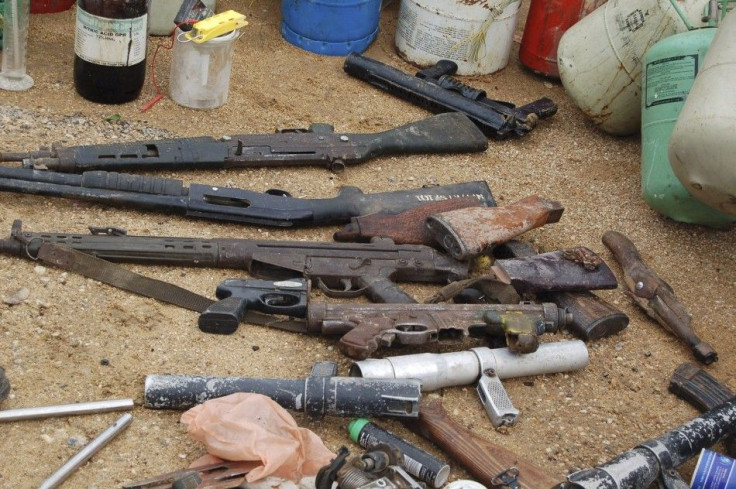Stirrings Of Hope: Nigeria Starts ‘Back-Channel’ Talks With Boko Haram Insurgents

On August 26, 2011, 23 people were killed and 120 others injured when the UN building in Abuja, Nigeria blew up. The culprit was the jihadist organization Boko Haram, which has reportedly been responsible for the deaths over 600 people in 2012 so far, and of some 10,000 people since it began its operations in 2001 in Nigeria.
A year after the attacks on the UN building, the Nigerian government has announced that they've begun talks with Boko Haram through "back room channels" to seek a peaceful resolution to the attacks and violence that have increasingly marred the north of the country.
Despite denials from Boko Haram, Reuben Abati, a spokesman for the government, told Reuters that talks were ongoing with some members of the group.
The problem, of course, is that Boko Haram is hardly a concentrated force with a centralized command center or one strong man in charge.
"Someone once described Boko Haram as a cloud," said John Campbell, former Ambassador to Nigeria and current Ralph Bunche Senior Fellow for Africa Policy Studies at the Council on Foreign Relations.
Even with the good intentions of instituting a cease-fire and saving lives, due to the scattered nature of Boko Haram, said Campbell, it's difficult to say how much authority "some members of the group" with which the Nigerian government is negotiating would really have to enforce a cease-fire across the board.
"It's difficult to say how long [a cease fire] would last, or even how meaningful it might be," said Campbell. "Given the highly diffuse nature of Boko Haram... what kind of authority as an interlocutor do they [the Nigerian government] really have? That remains to be seen."
But both Campbell and Jean Herskovits, Professor of History at SUNY-Purchase, were cautiously optimistic that the talks would lead to a solution, and took it as a positive sign of change that the talks were even happening in the first place.
Both Campbell and Herskovits were signatories on a recent letter to U.S, Secretary of State Hillary Clinton asking the State Department not to classify Boko Haram as an FTO (Foreign Terrorist Organization), for fear that it would enhance the group's standing and legitimacy.
"I think everyone who knows the situation intimately has guarded optimism and a great deal of hope," said Herskovits.
"The approach previously has been to not seek any avenues of discussion with any of the people of Boko Haram.
"The people who I know well who come from the area where Boko Haram has been functioning for a long time have been pleading with the government to take a different approach," Herskovits continued, "and not just this heavy-handed security that has killed just as many if not more people as Boko Haram.
"It's difficult to know exactly who's being talked to and who is willing to talk and who isn't," said Herskovits. "Of course there are statements saying 'We disown these talks.' But I know from people on the ground that there are talks going on."
Herskovits also pointed out that the government in the past successfully negotiated with militants in the Niger Delta region, and the violence in the south of Nigeria has greatly decreased as a result.
"There's no reason why it should not be possible to do the same with this group in the north," Herskovits said. "The insecurity in the north has consequences in the whole of the country."
© Copyright IBTimes 2024. All rights reserved.






















